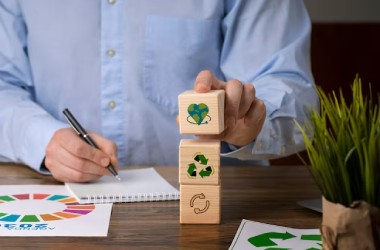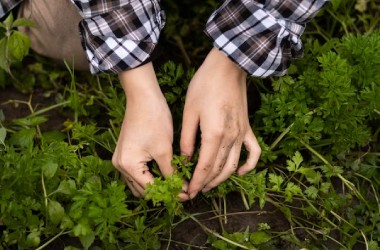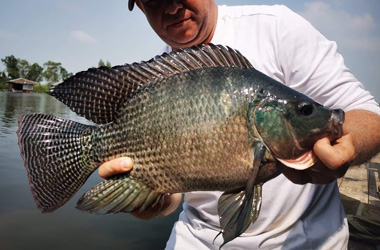
Aquaculture stands as a beacon of hope in seafood production, promising to alleviate the strain on our oceans while satisfying the global appetite for fish. Yet, beneath this promising endeavor lies a concerning truth: not all aquaculture practices are created equal regarding Sustainability. As we gaze upon the world of fish farming, it becomes evident that a critical examination is necessary to navigate the murky waters of its unsustainable side.
Amid the urgency to meet the ever-growing demand for seafood, certain aquaculture practices have raised environmental concerns that cannot be ignored. A deeper dive into the topic reveals a series of pressing issues that underscore the need for a more conscientious approach.
Eutrophication and Harmful Algal Blooms. The excess introduction of nutrients into aquatic ecosystems, stemming from fish feed and waste, has triggered a disturbing phenomenon known as eutrophication. This process fuels the proliferation of harmful algal blooms, jeopardizing the delicate balance of marine life by depleting oxygen levels and creating a cascade of ecological disturbances.
Overuse of Antibiotics and Chemicals. The battle against diseases and parasites in densely packed fish farms often relies on heavy artillery of antibiotics and chemicals. Unfortunately, this arsenal can lead to the rise of antibiotic-resistant bacteria, threatening aquatic ecosystems and potentially compromising human health.
Habitat Destruction. As the footprint of fish farms expands, it infringes upon precious natural habitats like wetlands and mangrove forests. The consequence is a domino effect, with habitat loss contributing to the decline of critical ecosystems and a reduction in biodiversity.
Impacts on Wild Fish. Escaped farmed fish, possessing a competitive edge, can disrupt the status quo of wild populations by vying for resources, spreading diseases, and even interbreeding. These interactions create a ripple effect that disturbs the delicate genetic balance within wild fish populations.
Feeding Practices. The reliance on fishmeal and oil derived from wild fish for feed perpetuates a cycle of overfishing, affecting marine ecosystems. In a twist, some fish farms resort to genetically modified soybeans and corn, introducing another layer of complexity to the sustainability puzzle.
Waste Production and Energy Consumption. The colossal waste generated by fish farms, ranging from uneaten feed to chemicals and feces, poses a significant threat to water quality and biodiversity. Moreover, energy-intensive aquaculture systems contribute to climate change and carry a host of other adverse environmental impacts.
In the face of these challenges, a ray of hope emerges. The trajectory of aquaculture's Sustainability can be redirected through collective action and a commitment to responsible practices. The journey towards a more harmonious coexistence between aquaculture and the environment requires bold steps:
We are transitioning Toward Sustainability. The solution lies in a holistic approach to fish farming. Exploring alternative protein sources like insects and plant-based proteins can alleviate the pressure on marine resources. We can create a more balanced seafood production system by reimagining feeding practices.
Let's Make a Difference! The onus of change rests not just on the aquaculture industry but also on us, the consumers. By championing responsible aquaculture practices and demanding transparency, we can safeguard our oceans, protect vital ecosystems, and secure the future of fish populations. Let this article be a rallying call to embrace a sustainable and ethical approach to fish farming. We can reshape the narrative and ensure a healthier planet for future generations.
Join the movement for sustainable aquaculture! Share this post and be a part of the solution.
Use hashtags #SustainableAquaculture #ProtectOurOceans #EthicalFishing #PreserveEcosystems #ResponsibleSeafood #SustainabilityMatters


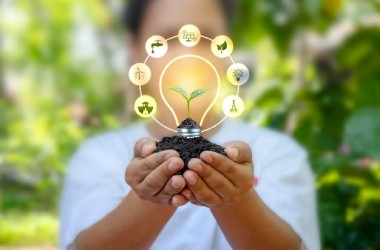
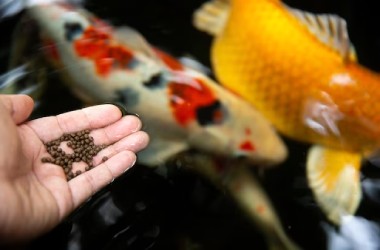
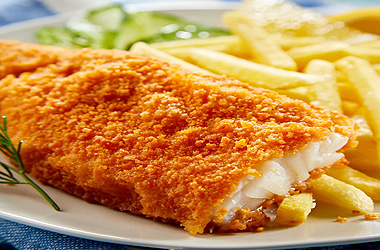
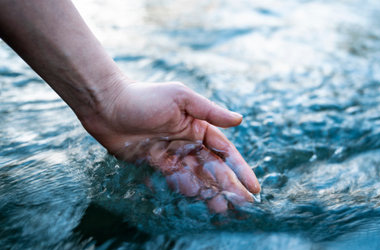
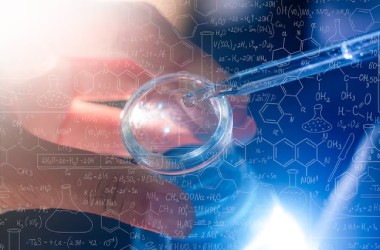
.jpg)
